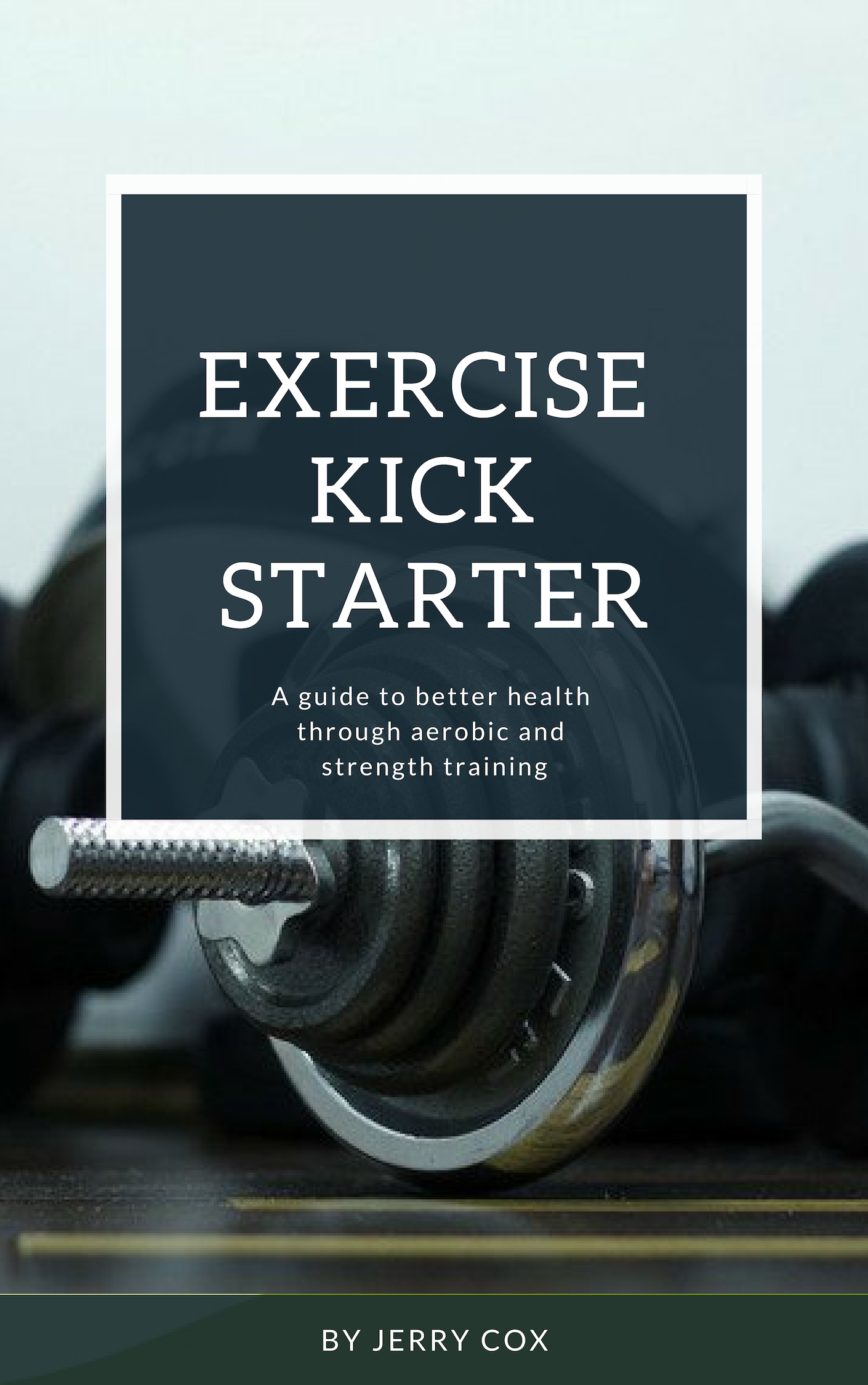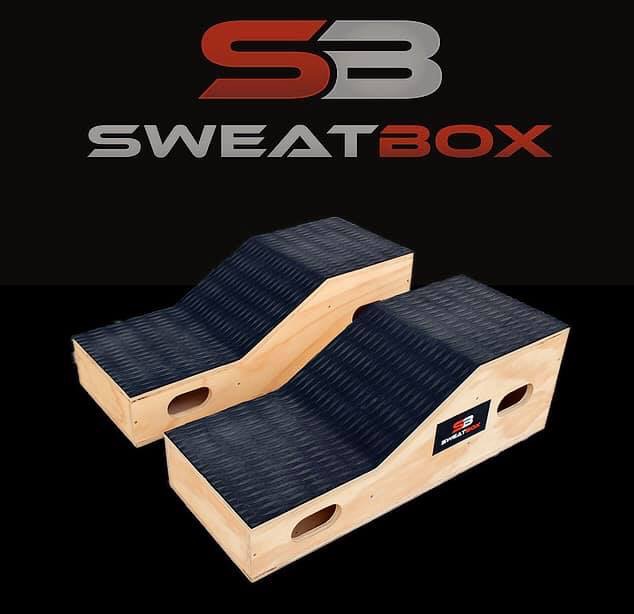Weight: The Ultimate Balancing Act

Losing weight is simple arithmetic, right? If you control your calories in and out, you should be able to lose weight. On a simple mathematical scale, your weight loss could look this.

For safe weight loss, you should lose 1-2 pounds per week or have a negative energy balance of 3,500-7,000 calories per week. Easy peezy, right! Truthfully, the math is correct but the application is more difficult. Why?
First off, how many calories do you consume per day and even throughout your week? This can easily be accomplished with a dietary or food recall. Importantly, you need to be honest when tracking your food if you want a realistic picture of your eating habits and caloric intake. For our Fitness Oomph friends, you can use our free dietary food recall.
Secondly, how do you know how many calories you burn each day? Obviously, the general concept is a 2,000 calorie diet. But, are you not unique with individual characteristics. As such, finding your resting metabolic rate (RMR) or better your basal metabolic rate (BMR), will give you a more individual understanding of your caloric need. Yet, these tests require special equipment and skill; therefore, you can use an estimation equation.
Now, you have some useful information on your energy intake and output. Let’s look at the good and the challenges from this information.
The Good
- You get a baseline measurement. Thereby, you can conceptualize a plan with this data. For example, you note that your food recall shows you are eating some empty calories late in the evening. Obviously, you can work to modify that behavior and at the same time, reduce your caloric input. Additionally, your estimated RMR show you are burning the same amount of calories as you take in. Ideally, this can point the need to change one or both caloric input and output.
- Tracking is essential in your weight loss success. This is especially important as you begin your weight loss journey. In fact, journaling your food intake and exercise will point out when change needs to occur. Also, you will be more attuned to a foods calories if you start writing them down.
The Challenges
- There are daily caloric ebbs and flows. Are you prepared to monitor each and every calorie? Of course not, that is nearly impossible without advanced equipment.
- Tracking food and exercise comes with a time commitment and honesty. In fact, most of the time we overestimate the amount of calories we burn and underestimate what we eat. Find an app or software that makes it easy and fast.
- As your body weight and composition changes, your RMR also changes. As such, plan for retesting when you have made significant improvements.
During your journey, your main take away is to always get a baseline measure. Ultimately, this will help you build your plan. While you follow your plan, track your progress to ensure you stay on track. Lastly, follow up regularly to update your plan. If you stay focused and keep your eye on the prize, you will undoubtedly arrive. Rise and shine, my fitness friends!



